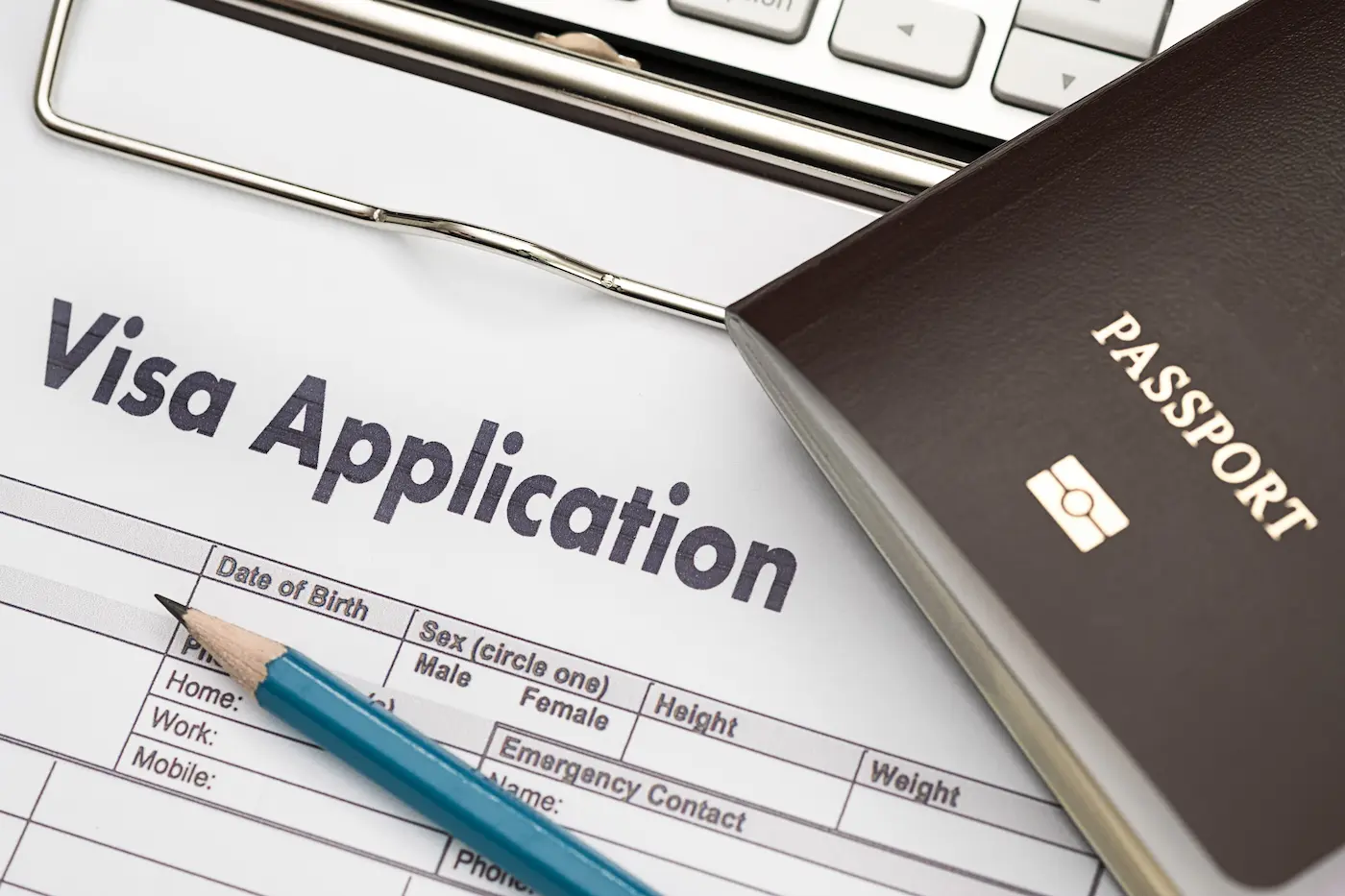
10 Most Common Rejection Reasons For USA Visas
The application process for a U.S. visa can be distressing and complicated. Applicants are frequently concerned about whether or not their application will be accepted. A visa denial can result in disappointment, stress, and disruption of travel or immigration arrangements. Understanding the most prevalent causes of visa denials could increase your chances of obtaining a visa.
This article will discuss the ten most common visa rejection reasons.
1. Incomplete Application or Incorrect Information
A visa application that needs to be completed or contains incorrect information is one of the most common reasons for denial. It is essential to fill out the application form accurately, ensuring that every detail is accurate and every required section is filled out.
2. Insufficient Financial Evidence
Visa applicants have to demonstrate that they can financially support themselves in the United States. Visas are frequently denied when applicants cannot demonstrate sufficient financial resources.
3. Insufficient ties to native land
You must convince the U.S. consulate that you will return to your native country following your visit. Your visa may be denied if you cannot demonstrate sufficient ties to your native country, such as employment, property, or family.
4. Prior immigration violations or criminal infractions
Breach of immigration law, such as overstaying a visa or working unlawfully, and criminal behaviour can result in a visa denial. These violations are taken severely by the United States, and they can significantly affect your visa eligibility.
5. Inadequate Travel Documentation
Applicants must possess a passport valid for at least six months before the intended length of stay. Visas may only be allowed if travel documents are sufficient or expired.
6. Absence of a Valid Reason for Visit
The purpose of your trip must correspond with the form of visa you are applying for. Your application could be denied if the consular officer doubts your intentions or your purpose does not correspond with the visa category.
7. Health-Related Justifications
Certain health conditions, particularly communicable diseases, threaten public health and can result in visa denials.
8. Public Charge Reasons
Your visa could be denied if the consular officer believes you will likely become predominantly dependent on the U.S. government for your subsistence.
9. Non-qualification
The Immigration and Nationality Act outlines various ineligibilities, such as security and terrorism concerns, which can result in visa denials.
10. Poor Execution As part of the Visa Interview
If the consular officer discovers inconsistencies in your responses during the visa interview or you cannot confidently and truthfully answer the questions, this may result in a visa denial.
Always remember that a denied visa application is not the world’s end. Frequently, you can fix the issue that led to the denial and reapply. If you are uncertain about any aspect of the procedure, seek legal counsel or consult immigration specialists.
Final Considerations
While the reasons above for visa denials are common, it is essential to remember that each visa application is unique. The consular officer considers numerous factors, including the applicant’s situation, immigration history, and category-specific requirements.
If your visa application has been denied, it is prudent to scrutinise the letter of refusal. This document will explain the reason for the denial and provide direction for resolving the matter. Sometimes, you may be required to provide additional evidence or documentation. In other cases, you may be required to wait a certain amount before reapplying, particularly if the initial application was denied due to an immigration violation or misrepresentation.
In addition, when dealing with complex situations or potential ineligibility under the INA, it is advisable to consult an immigration attorney. They can provide situation-specific advice and help you navigate the U.S. immigration system efficiently.
Obtaining a U.S. visa can be much smoother and more manageable with the proper preparation, knowledge, and assistance when required.
Being denied a visa can be disheartening. However, knowing the common causes of visa denials can help you adequately prepare and increase your chances of having your application approved. Important stages in the visa application process include:
- Carefully completing your application.
- Providing all necessary supporting documentation.
- Preparing for your visa interview.
Did this advice help?
Is there anything wrong with this page?
If so let us know!